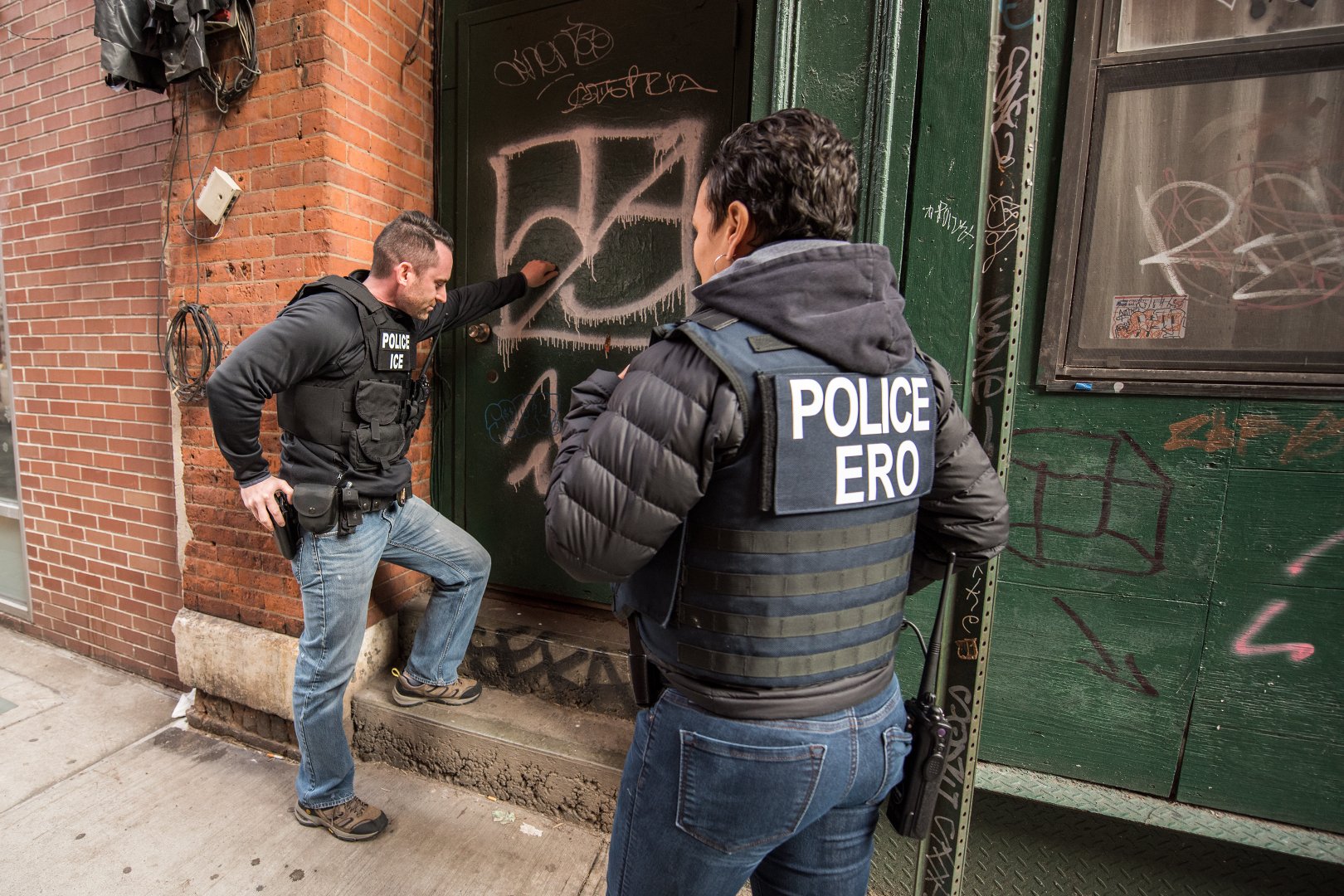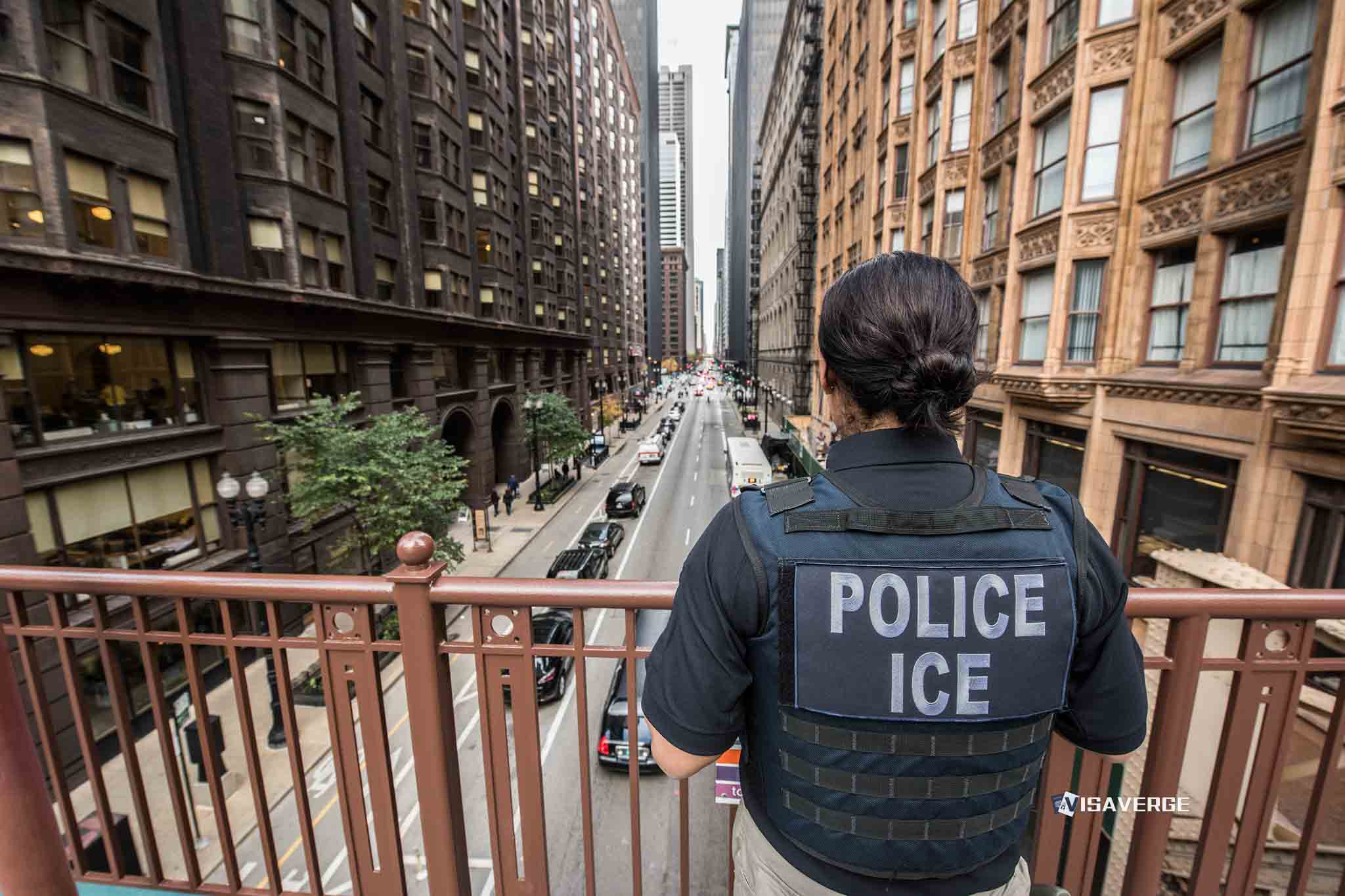(HARVARD, MA) Harvard Kennedy School candidates for student government have pledged new support for the school’s large international student community as visa issues intensify, with proposed workshops, a standing committee, and closer coordination with school leadership. The push comes at a tense moment: Harvard’s Student and Exchange Visitor Program certification was reportedly revoked by federal authorities on May 22, 2025, before being temporarily blocked in court, leaving international students and faculty uncertain about next steps if enforcement resumes. With approximately 59% of Harvard Kennedy School students coming from outside the United States 🇺🇸, the stakes are immediate and personal.
Leading candidates Jerwin Tiu, Harry Park, and Dianah Mukundwa centered their campaign debate on visa issues, transparency, and day-to-day support. They described plans for visa-focused education sessions, a permanent “international students” committee inside student government, and an alumni directory shaped around immigration experiences. They also called for more open decision-making in the Kennedy School Student Government, saying students need clearer reporting on how fees fund services that matter most right now.

Policy backdrop and campus pressure
The focus on international students reflects wider unease across U.S. higher education over shifting policies, visa delays, and the risk of abrupt rule changes.
- Analysis by VisaVerge.com shows schools with high international enrollment face growing pressure to offer direct support, legal referrals, and clear guidance to students juggling coursework with visa compliance.
- The Trump administration’s actions in 2025—including the SEVP move affecting Harvard’s ability to enroll students on F-1, J-1, or M-1 visas—sent a strong signal that enforcement could expand if courts allow it.
- Federal discussions have also mentioned visa revocations and added scrutiny for applicants from more than a dozen countries, increasing anxiety among students who fear losing status through no fault of their own.
On the ground, students report long consular delays and “administrative processing,” plus new screening layers such as required public social media review.
Some Harvard Kennedy School international students said they “couldn’t get sufficient response” from the institution when they raised concerns about immigration status or travel risks. While that reflects individual experience rather than a formal audit, it highlights the intense need for consistent communication, responsive advising, and a single point of contact when policy shifts arrive without warning.
Student and institutional responses
The Kennedy School’s student government slate says it will move quickly if elected. Their proposals include:
Key student-led initiatives
- Visa-focused workshops
- Sessions on visa renewals, maintaining status during internships, and steps to take when a policy shifts mid-semester.
- Goal: prevent common mistakes, clarify timelines, and point students to official resources.
- Example: many students must complete the online DS-160 for visa stamping; the State Department hosts the form at DS-160: Online Nonimmigrant Visa Application.
- Standing committee on international students
- A permanent student government body to liaise with the Harvard Kennedy School administration and the Harvard International Office.
- Responsibilities: funnel student questions, compile patterns (e.g., travel signature issues, course load and status questions), and recommend responsive actions.
- Career pathway expansion
- Collaborate with the Center for International Development to support graduates facing U.S. work-visa limits.
- Activities: employer outreach, coaching on work authorization, and building regional job pipelines.
- For students relying on the school-issued Form I-20 to maintain F‑1 status, DHS explains the form at Form I‑20 Overview (DHS Study in the States).
- Peer and alumni networking
- Create a directory of international alumni and senior students who have navigated visa challenges, to share practical experience (e.g., timing consular trips or re-entering the U.S. during court disputes).
- Greater transparency
- Publish clear meeting minutes and itemized uses of student fees to address perceptions of a “black box” in student government.
- Restored representation
- Support formal roles tied to diversity and immigration support, especially after recent campus-office changes that previously handled inclusion functions.
Candidates emphasized collaboration with Dean Jeremy Weinstein and school leaders to “reimagine” services to meet fast-moving challenges. That includes quicker turnaround on urgent immigration questions and clearer written guidance when federal rules change.
Administrative contingency planning
The school’s administration has been developing contingency plans in case enforcement prevents some students from entering the country:
- Remote learning options.
- A study pathway in Canada at the University of Toronto’s Munk School of Global Affairs & Public Policy, with periodic in-person events outside the United States.
- Students using the Toronto pathway must apply for Canadian study permits.
- The school urged applications by mid-July to make the option viable.
- Online information sessions and a survey asking students to signal needs: whether they expect to study remotely, pursue the Toronto option, or defer.
Why this matters nationally
The situation has national resonance because it tests how universities handle shocks to international enrollment:
- If enforcement resumes, it could limit new enrollments and complicate re-entries for continuing students, even those with otherwise clean records.
- Admissions teams may face ethical questions about issuing offers when travel or status is uncertain.
- Career offices will need to advise graduating students on both U.S. and non-U.S. career paths.
- American classmates lose the daily exchange of ideas that comes from peers with diverse international experience.
Human impact — concrete scenarios
For many at HKS, the stress is not abstract:
- A master’s student may weigh a flight home for a family emergency against the risk of missing interviews due to consular delays on re-entry.
- Another student may fear that a visa stamp request triggers extra screening because of prior study in sensitive fields.
- A PhD candidate on a tight research timeline may worry about losing momentum if they cannot secure travel signatures or renew status in time.
In each case, prompt, fact-based advice can mean the difference between finishing a semester on schedule and losing months to backlogs.
Practical advice urged by candidates
Candidates recommended concrete, low-cost steps students can take now:
- Keep a personal “status folder” with:
- Copies of your Form I-20 or DS-2019
- Transcripts
- Funding letters
- Travel signatures
- Update the folder well before international trips
- Book visa interviews early and monitor consulate backlogs.
- Maintain a clear timeline for graduation and post-completion work.
-
Use official sources and university advisers; student governments should provide warm handoffs to advisers or outside counsel when appropriate.
For authoritative federal guidance on student status and school certification, refer to Study in the States (DHS).
Transparency and communication demands
Students want dependable communication during policy swings:
- Plain-language emails that explain what changed, who is affected, and what steps to take.
- Explicit statements about whether the school will support students who must study abroad, tuition/fee adjustments, and how services (career coaching, counseling, advising) will extend to those outside the U.S.
- Comprehensive FAQs and regular drop-in hours with administrators for real-time immigration questions.
Candidates also asked faculty and staff to flag visa-sensitive course requirements—like mandatory travel or off-campus fieldwork—so students can adjust plans in time. They pressed administration to keep students informed about any accreditation steps that allow online degree completion if required.
Broader implications and politics
Beyond Harvard, universities nationwide are watching. If top policy schools need contingency partnerships to keep international students on track, smaller institutions may face even tougher choices. Possible consequences include:
- A weakening of the U.S. higher-education brand as other countries advertise simpler study and work routes.
- A slow erosion of global talent pipelines: fewer applicants to U.S. programs and more graduates choosing careers elsewhere.
The politics are sensitive. While the SEVP action was taken under President Trump’s administration, future moves will depend on ongoing litigation and federal policy decisions under current or future leadership. Schools and students are advised to plan for both outcomes:
- Continued stability that allows study in the U.S., and
- Abrupt restrictions requiring remote study or outside-the-country options.
Call to action
Student leaders urged participation from the community:
- Attend briefings and share needs via official surveys.
- Help shape the agenda of a potential international students committee.
- Faculty and staff should flag visa-sensitive course elements early.
VisaVerge.com reports that campus-based advocacy can make a concrete difference when rules change quickly: centralized updates reduce rumors, peer networks help students avoid errors, and early planning prevents missed deadlines.
For Harvard Kennedy School, the coming weeks will test whether student government, administrators, and outside partners can move in sync to protect international students, keep learning on track, and maintain the school’s reputation as a global hub—no matter what happens in Washington.
This Article in a Nutshell
Harvard Kennedy School faces heightened uncertainty after reports that federal authorities revoked its SEVP certification on May 22, 2025, a move temporarily stayed by a court. With about 59% of students international, HKS student-government candidates—Jerwin Tiu, Harry Park, and Dianah Mukundwa—centered campaigns on visa support, proposing workshops on renewals and internships, a permanent international-student committee, alumni networking, and greater transparency in fee use. The administration is building contingency plans including remote learning and a partnered Toronto pathway requiring mid-July applications. Candidates call for clear, timely communication, improved advising, and practical student steps like maintaining status folders and booking visa interviews early. The situation highlights national implications for enrollment, career advising, and U.S. higher education’s global competitiveness if enforcement resumes.













